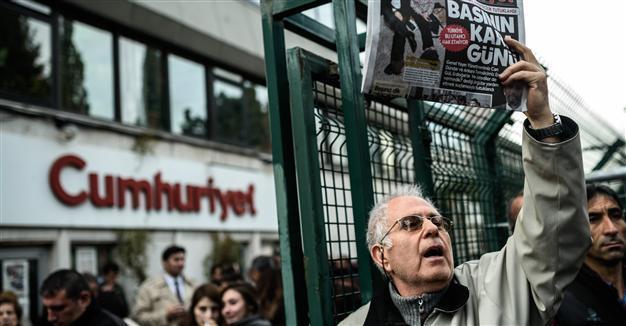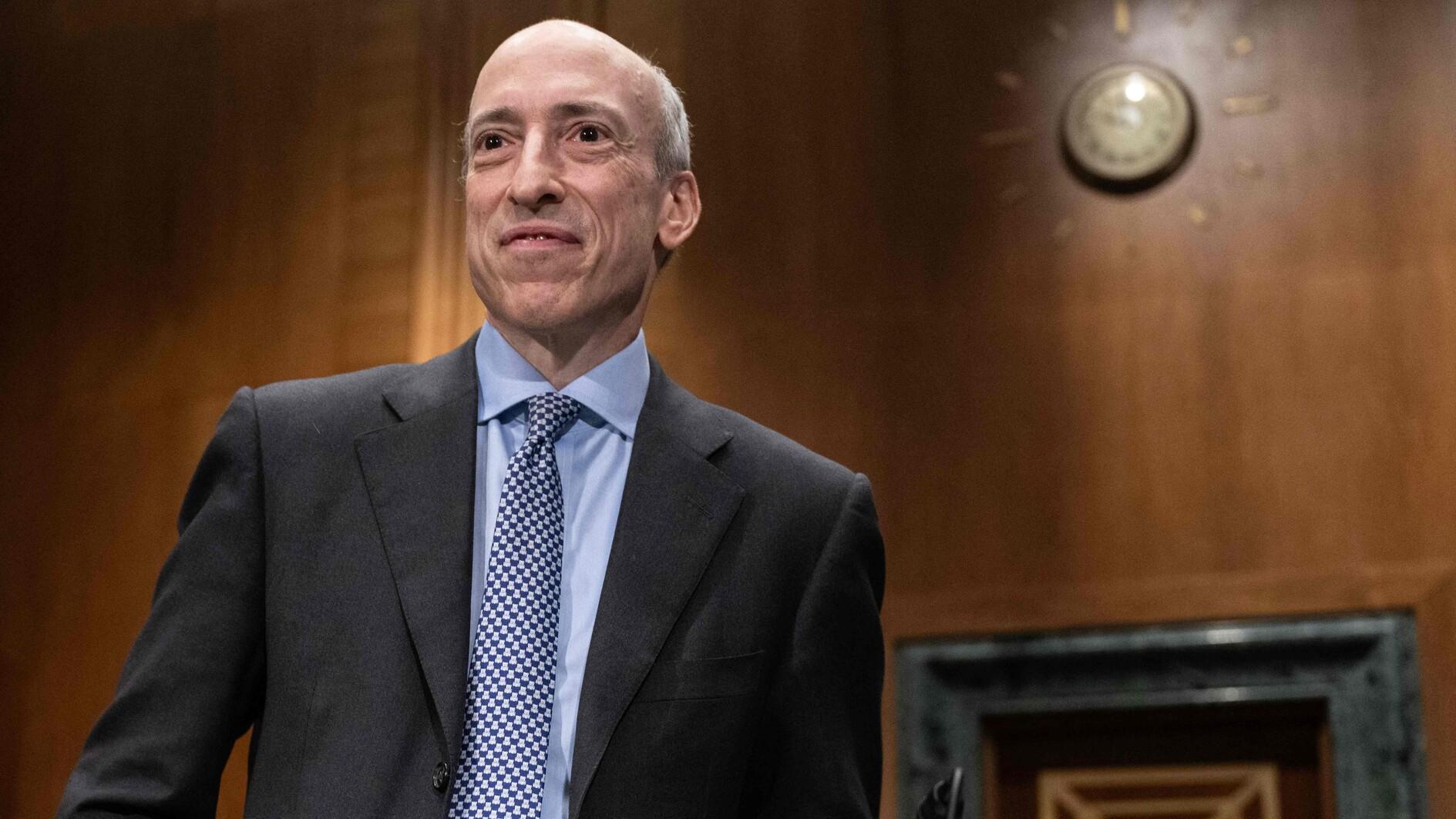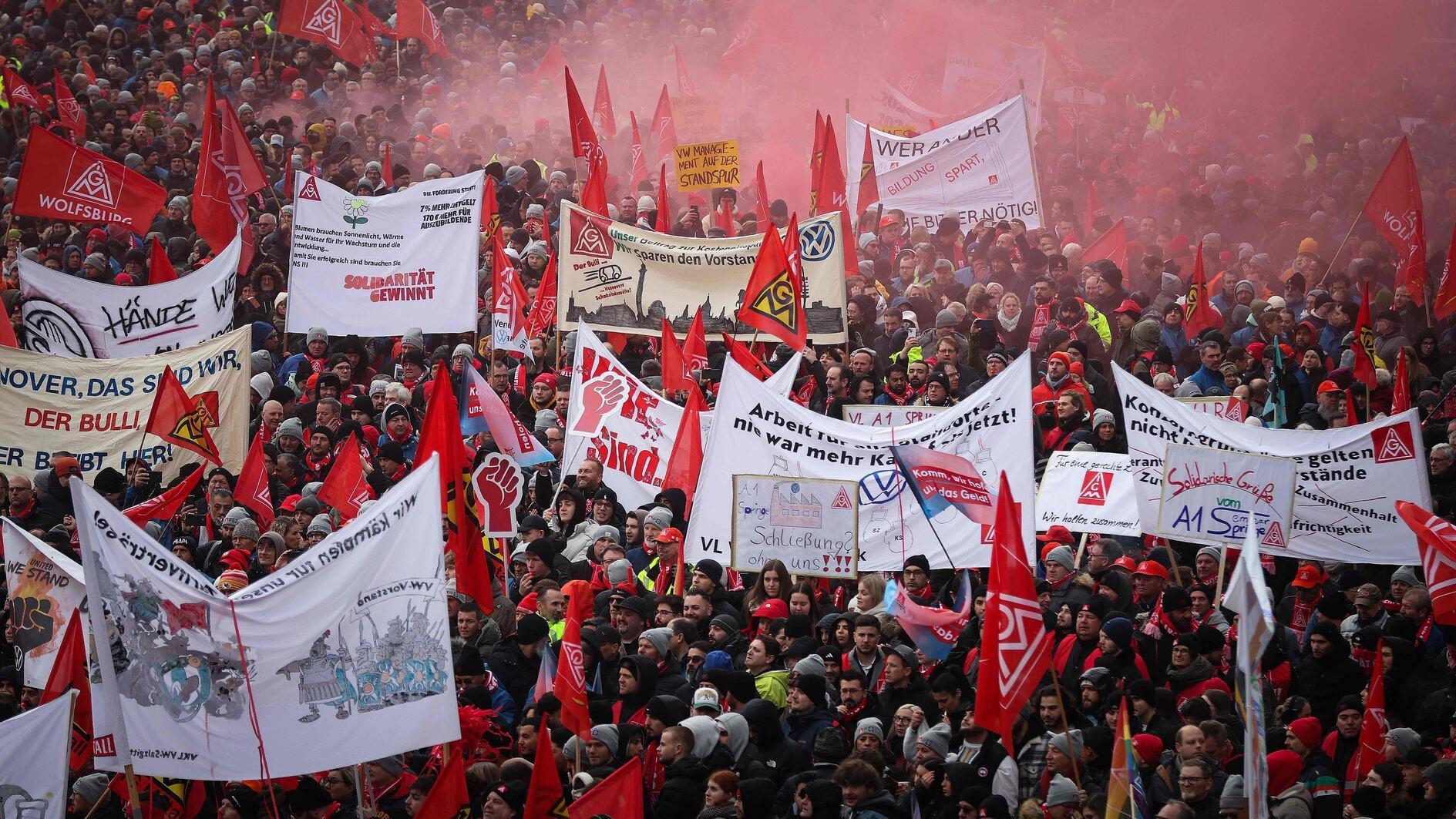Council of Europe reacts to Turkish journalists’ arrests

A man holds a Cumhuriyet newspaper on November 27, 2015 in front of the media headquarters, during a demonstration after the arrest of the Editor in Chief. AFP Photo
The arrest of prominent Turkish journalists Can Dündar and Erdem Gül has again raised concerns about media freedom in Turkey, a spokesperson from the Council of Europe has told daily Hürriyet, with the reporters urging the EU not to ignore human rights violations in Turkey as it bargains with Ankara on refugees.The statement made by the spokesperson of Council of Europe Secretary-General Thorbjorn Jagland noted that Turkey itself has adopted an action plan to prevent future violations of the European Human Rights Convention and that this included violations against Article 10 on freedom of expression and freedom of the media.
“We will raise the most recent issues at the meeting of the working group which will be held between the Justice Ministry of Turkey and the Council of Europe in mid-December. Mr. Jagland will address our concerns with the Ministry of Justice,” Jagland’s spokesperson said.
Regarding the arrest, the spokesperson confirmed “this case and others” would be raised at a meeting between Council of Europe experts and Turkish officials in Ankara on Dec. 17.
The spokesperson said the council was concerned about “yet another” issue regarding freedom of expression and media freedom in Turkey which needed to be resolved and protected under Article 10 of the European Convention of Human Rights. “Otherwise, more cases might come to the European Court of Human Rights,” he added.
The statement came as Dündar and Gül, who were detained Nov. 26 on charges of espionage and assisting a terrorist organization through a news report on the alleged supply of arms to fighters in Syria, sent a letter to EU leaders just a day before a Turkey-EU summit that will take place in Brussels to broker a deal on the growing refugee crisis, urging the EU not to compromise on an agreement with Turkey to help stem the flow of migrants to Europe.
“We sincerely hope that the meeting produces a lasting solution to this problem. We would also like to hope that your desire to end the crisis will not stand in the way of your sensitivity toward human rights and freedom of the press and expression as fundamental values of the Western world,” read the letter penned by Dündar, Cumhuriyet’s editor-in-chief, and Gül, the paper’s Ankara bureau chief.
“We remind you that our common values can only be protected by a common stand and solidarity and that this solidarity is both vital and urgent,” the pair said.
The U.S. State Department also expressed concerns over press freedom in the country, calling on Turkish authorities to ensure freedom to freely voice opinions and criticisms.
“We are troubled by the pre-trial arrest yesterday of senior editors of the respected Turkish newspaper Cumhuriyet,” the U.S. State Department said in a written statement on Nov. 27, a day after the arrest of Dündar and Gül.
“The investigation, criminal charges, and arrest raise serious concerns about the Turkish government’s commitment to the fundamental principle of media freedom. These events are only the latest in a series of judicial and law enforcement actions taken under questionable circumstances against Turkish media outlets critical of the government,” it said.
“We call on Turkish authorities to ensure that all individuals and organizations – including but not limited to the media – are free to voice a full range of opinions and criticism, in accordance with Turkey’s constitutional guarantees of media freedom and freedom of expression. This will ultimately strengthen Turkey’s democracy,” it added.
Dündar and Gül were sent to Silivri Prison late Nov. 26 after an Istanbul court ordered their arrest on the publication of footage purporting to show the state intelligence agency helping send weapons to Syria.
Footage released by Cumhuriyet on May 29 showed gendarmerie and police officers opening crates in the backs of trucks which contained what the daily described as weapons and ammunition sent by the intelligence service to fighters in Syria in January 2014.
In the aftermath, President Recep Tayyip Erdoğan said those that published the story “would pay a heavy price” while reiterating that the goods were just destined for Turkmens in Syria.
Making remarks on the arrest, Prime Minister Ahmet Davutoğlu signaled that Dündar and Gül could be tried without arrest, daily Hürriyet reported.
“A trial [of Dündar and Gül] without arrest could be seen as more convenient,” the premier told a group of reporters in parliament in Ankara on Nov. 28, adding that the decision to try Dündar and Gül without arrest did not depend on their initiative, but on the country’s “independent judiciary.”
Republican People’s Party (CHP) Kemal Kılıçdaroğlu, meanwhile, described the arrest as a “black spot” on the country’s democratic history.
“Imprisoning two journalists is a black spot in our history of democracy,” Kılıçdaroğlu said on Nov. 29 while visiting the offices of Cumhuriyet in Istanbul’s Şişli district.
















